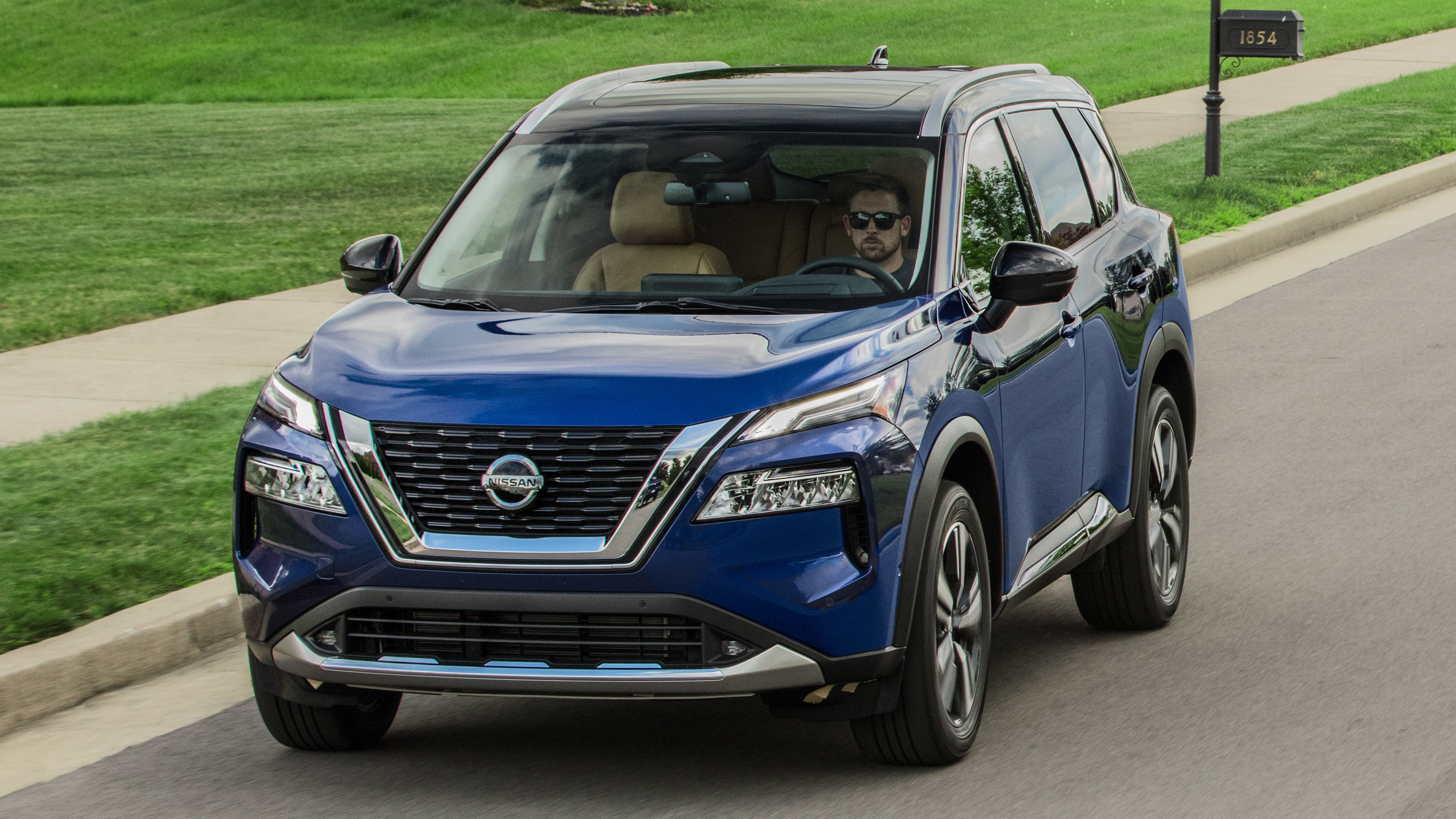Which Automakers Have The Worst Dealers?
As Jalopnik's resident car-buying expert and a professional car shopper, I get emails. Lots of emails. I've picked a few of your questions and will try to help out. This week we are discussing the rankings of automaker dealer networks and what to do when your leased car gets damaged and the insurance company doesn't want to use the right parts.
First up, some brands have better dealer networks than others but how do they rank?
"I'm going to be buying a new car for the first time. Since you have a lot of experience with various dealers, which brands have the worst dealers, which have the best? Should I avoid models from dealers on the worst on the list?"
This question was also raised in the comments section of a recent post, and it's worth going into more detail. Before I lay out my unscientific and unofficial rankings, let me remind everyone that every brand has a mix of bad stores and good ones. Not every dealer that represents a troublesome brand on this list is bad, just as not every dealer that represents brands on the positive end of the list will be good.
What I will say is that my operation has had thousands of interactions, throughout the country, with dealers across almost all of the brands over the last five years. We have noticed a fairly predictable pattern in regard to which dealers from certain brands will be cooperative and professional, compared with dealers that represent other brands consistently making the shopping process more difficult than it needs to be.
My ranking would be as follows from worst to best -
-
Nissan
-
Hyundai and Kia
-
Jeep/Chrysler/Dodge/Ram
-
Genesis
-
Tie – Ford Motor (including Lincoln) and GM (Chevy, Buick, GMC, Caddy)
-
Mazda
-
Tie – Honda and Toyota
-
Tie – BMW, Audi and Mercedes
-
Lexus
-
Volvo
-
Subaru
-
Porsche
You may notice that Mitsubishi and the super-prestige brands like Lamborghini, Ferrari, and Bentley are missing from this list. The reason is that I haven't had a sufficient number of requests for those cars to establish a pattern for this list. In the handful of interactions with Mitsu dealers, all have been bad, and for the most part, the exotic and ultra-luxury dealers have all been pretty good.Market research groups like J.D. Power also rank the sales satisfaction of customers with dealers based on widely recognized surveys. You'll see that their rankings vary from mine in some respects, but in other cases — Porsche being top-notch, notably — they match up nicely.
Which brings me to your next question: whether you should avoid models where dealers are likely to be difficult. The answer is no, if you really want a Jeep Wrangler, with the possible exception of the new Bronco, there aren't many alternatives on the market. So you just have to put the work in with the Jeep network and hope you get lucky with a good store.
Next, what should you do if your leased car gets damaged but the insurance company doesn’t want to use the right parts?
"I recently got into an accident (got sideswiped by a trailer that cut me off at an intersection) and, after the nightmare of emails and calls regarding the repair (Allstate no longer allows OEM parts to be chosen when aftermarkets are available here in Texas, even though my lease specifies that OEM parts have to be used for repairs), I am seriously contemplating ending the lease early and letting the dealer "deal" with it (and subsequently start a new lease/maybe start payments on a used vehicle). My car is a 2018 Audi S4 (new when I leased it in July 2017) and the lease agreement ends soon (January 8, 2021).
While I was confident that I could get some leverage in my favor towards getting into a new car at the end of the lease (I'm at 19,000 miles and my agreement in July 2017 was 10,000 mi/year), my fear is that this accident is sending all of that potential bargaining power down the drain. Is it worth paying the almost $1,000 to bridge the gap between aftermarket and OEM parts for repairs (so I can make sure there are no problems at the end of the lease)? Should I turn in my lease now and let the dealer decide what to do about the repairs?"
If your lease contract says OEM is required, and the insurance company says no, this seems like a dispute between the leasing company who holds the lien and the insurance company. I would contact Audi financial services and have them guide you in terms of what you should do.
It may be the case that Audi will permit aftermarket parts that adhere to "OEM standards." In which case you would get the car fixed, pay your deductible and call it a day. Turning it in early with damage isn't likely to be a good idea, as the dealer has no control over the outcome of this situation — and you are likely going to be penalized for returning your lease car with damage.
Got a car buying conundrum that you need some assistance with? Email me at tom.mcparland@jalopnik.com!
